What to ask/know before buying an Old House?
thisishishouse
10 years ago
Related Stories

GARDENING AND LANDSCAPINGWhat to Know Before You Buy Teak Outdoor Furniture
Learn about finishes, weathering, care and that age-old oil debate to get the teak furnishings that suit you best
Full Story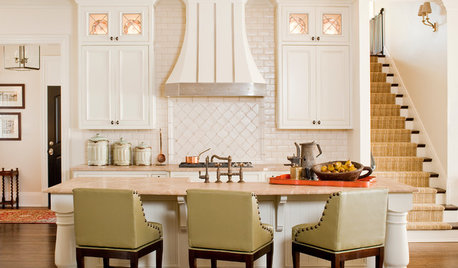
FURNITUREWhat to Know Before Buying Bar Stools
Learn about bar stool types, heights and the one key feature that will make your life a whole lot easier
Full Story
FURNITUREWhat to Know Before You Buy a Sectional
Learn about sizes, arm setups, seat types and more to get the right sectional for your space
Full Story
PETSWhat You Need to Know Before Buying Chicks
Ordering chicks for your backyard coop? Easy. But caring for them requires planning and foresight. Here's what to do
Full Story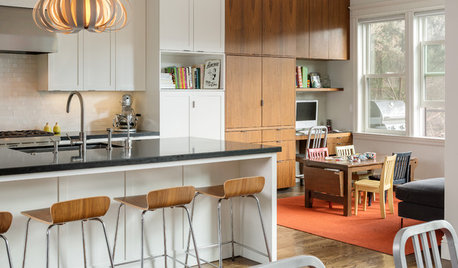
REMODELING GUIDES13 Essential Questions to Ask Yourself Before Tackling a Renovation
No one knows you better than yourself, so to get the remodel you truly want, consider these questions first
Full Story
MOST POPULAR10 Things to Ask Your Contractor Before You Start Your Project
Ask these questions before signing with a contractor for better communication and fewer surprises along the way
Full Story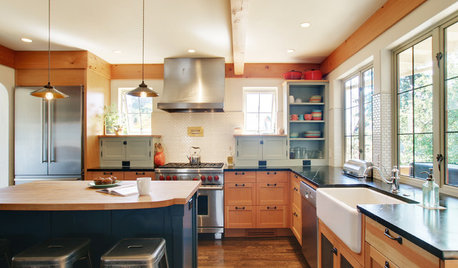
MOST POPULAR8 Questions to Ask Yourself Before Meeting With Your Designer
Thinking in advance about how you use your space will get your first design consultation off to its best start
Full Story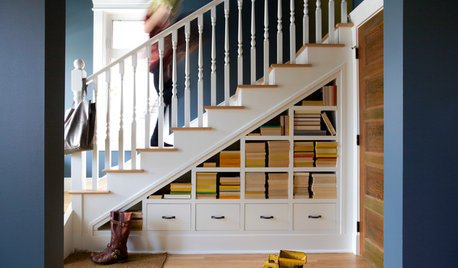
ORGANIZINGPre-Storage Checklist: 10 Questions to Ask Yourself Before You Store
Wait, stop. Do you really need to keep that item you’re about to put into storage?
Full Story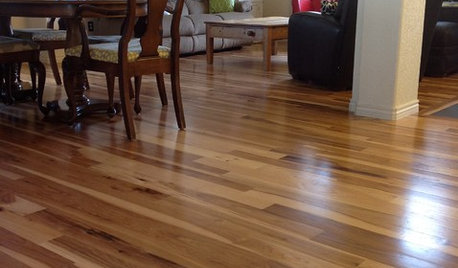
MATERIALSWhat to Ask Before Choosing a Hardwood Floor
We give you the details on cost, installation, wood varieties and more to help you pick the right hardwood flooring
Full Story
WORKING WITH PROS9 Questions to Ask a Home Remodeler Before You Meet
Save time and effort by ruling out deal breakers with your contractor before an in-person session
Full Story





camlan
debrak2008
Related Professionals
Anchorage Architects & Building Designers · Corpus Christi Architects & Building Designers · Four Corners Architects & Building Designers · Troutdale Architects & Building Designers · The Crossings General Contractors · Arlington General Contractors · Evans General Contractors · Jackson General Contractors · Panama City Beach General Contractors · Prichard General Contractors · Saint Paul General Contractors · Valley Station General Contractors · Wheeling General Contractors · Buffalo Home Stagers · Linton Hall Interior Designers & DecoratorsGreenDesigns
Debbie Downer
camlan
Debbie Downer
dreamgarden
GreenDesigns
marie_ndcal
jmc01
powermuffin
ravenh2001